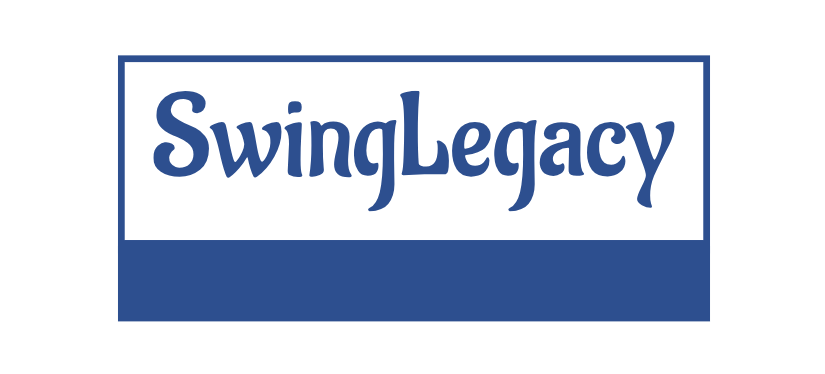The stock market is often perceived as a playground for the wealthy and well-connected, where fortunes can be made or lost overnight. However, the rise of social media and online platforms has democratized investing, allowing ordinary individuals to wield significant influence. One such example is the case of Keith Gill, better known as Roaring Kitty, whose activities surrounding GameStop (GME) stock have drawn both admiration and scrutiny. This article explores the legalities of such market influences and discusses the responsibilities that come with such power.
Roaring Kitty’s Market Impact
In early 2021, Keith Gill became a prominent figure in the financial world due to his substantial investments in GameStop, a then-struggling video game retailer. His investment strategy paid off spectacularly as GME shares surged by over 4,000%, with Gill’s holdings reportedly nearing $48 million at their peak. This phenomenon was primarily fueled by discussions on Reddit, where Gill shared his bullish stance on GameStop, inspiring a legion of retail investors to follow suit.
The dramatic rise in GameStop’s stock price, which peaked at $469 from just $65 within a week, raised questions about the legality of Gill’s actions and the potential manipulation of the market. These concerns were amplified by the volatile nature of the stock and its eventual impact on professional hedge funds and the broader market.
Legal Perspectives and Responsibilities
The legality of influencing market prices through social media or other platforms hinges on several factors. According to Nicolas Morgan, a partner at Paul Hastings, the act of sharing one’s investment strategy or being bullish about a stock is not inherently illegal. The critical element is the truthfulness of the information shared and the absence of a conflict of interest, such as undisclosed compensation from the companies being promoted.
Gill’s approach included a disclaimer on his YouTube channel, stating that his content was for educational purposes and not intended as personal investment advice. He explicitly mentioned the high-risk nature of his investment strategies, advising viewers to seek professional advice tailored to their personal circumstances. This type of disclaimer is crucial in distancing an influencer from potential legal liabilities associated with the followers’ investment decisions.
However, the situation could turn problematic if an influencer were found making false statements or prioritizing their financial gains over the interests of their followers or clients. Such actions could lead to charges of fraud or breach of fiduciary duty.
Market Integrity and Regulatory Actions
The GameStop saga also prompted regulatory concerns about market stability and integrity. The Massachusetts Secretary of State, Bill Galvin, proposed a temporary suspension of trading GameStop shares, highlighting the risks posed to both individual investors and the financial system at large. Such regulatory scrutiny underscores the tension between market freedom and the need to protect investors from potential manipulation and excessive volatility.
In conclusion, while social media and platforms like YouTube have given rise to new forms of financial influence, they also bring about significant responsibilities. Influencers like Roaring Kitty must navigate the fine line between sharing their investment enthusiasm and ensuring they do not mislead or harm their audience. Meanwhile, regulators continue to grapple with the challenges of maintaining market integrity without stifling individual freedom and innovation. As the landscape evolves, both influencers and investors must remain vigilant about the legal and ethical implications of their actions in the market.

